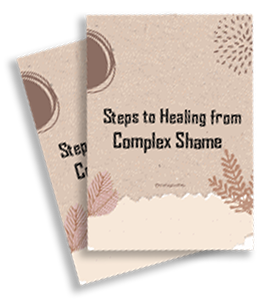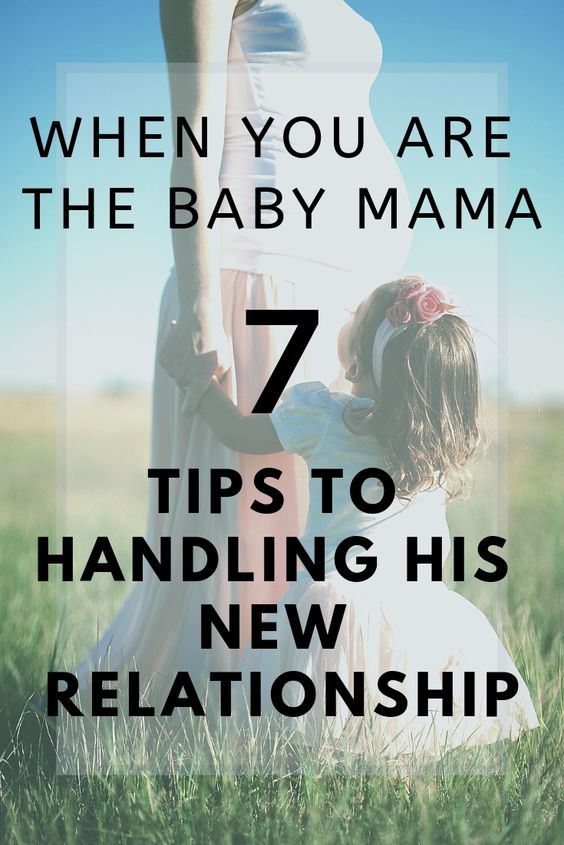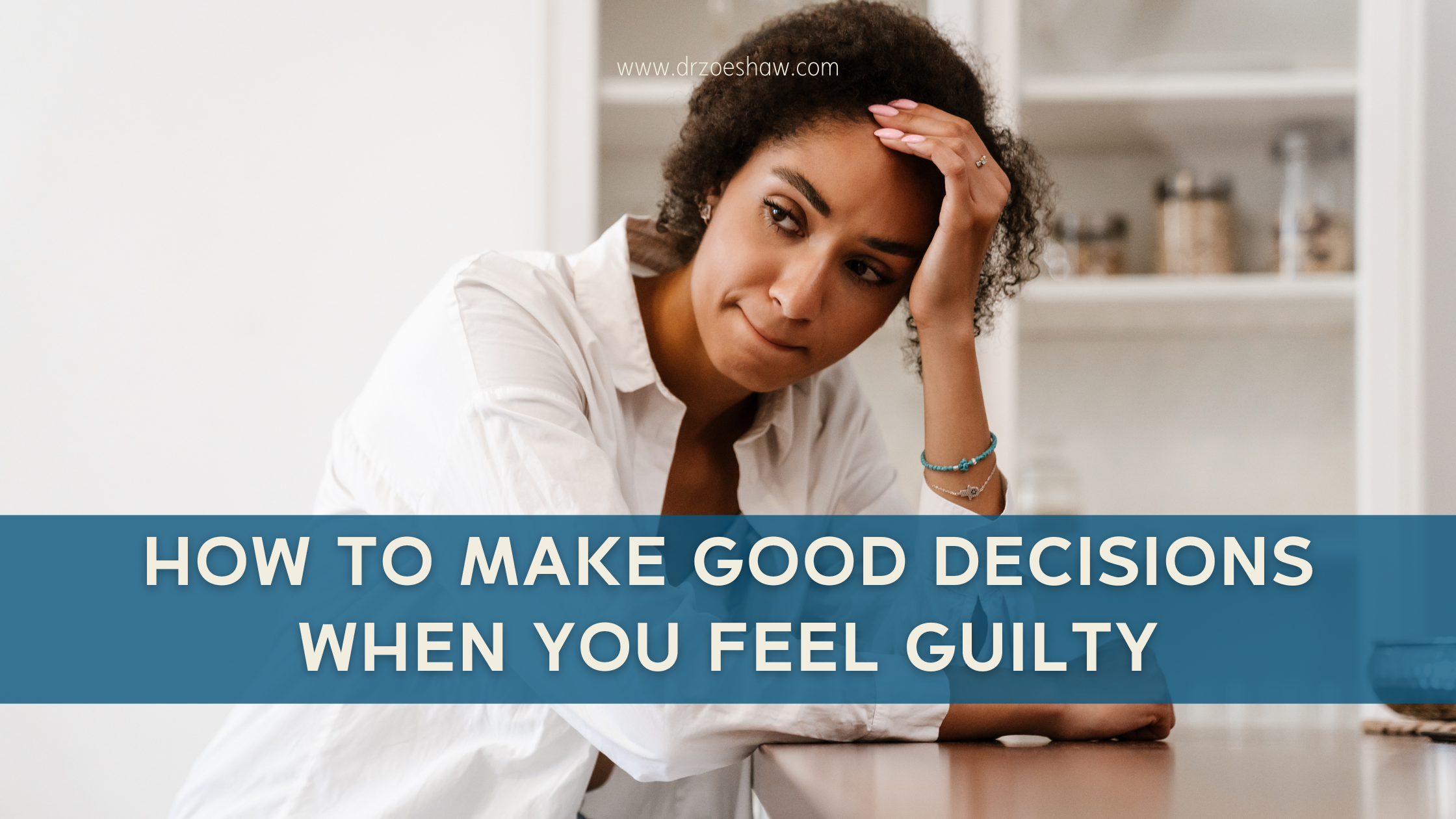
Hi! I’m DR. Zoe
I help women overcome Complex Shame™ and co-dependency so they can experience healthy love
and freedom.
READ MORE
I hear this all the time:
- How can I make a decision without feeling guilty?
- How can I say no and not feel like a bad wife, child, mother, or friend?
Guilt impedes decision-making. It clouds your judgment and keeps you stuck in the cycle of second-guessing. And if you’re used to prioritizing other people’s comfort over your own, it’s even harder to trust yourself.
So today, we’re breaking this down. We’re talking about why guilt shows up, how to recognize if it’s valid, and how to make strong, confident decisions without it running the show. I’ll also give you five practical steps to help you move forward.
Let’s get into it.
Step 1: Understand What the Guilt is Really About
Not all guilt is the same. Sometimes guilt is valid—you feel guilty because you actually did something wrong. That’s healthy guilt, and it helps us grow.
But most of the guilt that women experience—especially in relationships—is not about wrongdoing. It’s about breaking expectations.
Think about it:
- Are you feeling guilty because you truly did something wrong?
- Or are you feeling guilty because you’re acting in a way that someone doesn’t expect you to?
That’s a huge difference. And when you can separate the two, you regain power over your choices.
✔ Action Step: The next time you feel guilt creeping in, ask yourself: Am I abandoning myself to make someone else comfortable?
Step 2: Recognize Silent Agreements in Your Relationships
So many of us have silent agreements we never even signed.
- The silent agreement that you will always say yes.
- The silent agreement that you won’t rock the boat.
- The silent agreement that you will put yourself last so others don’t feel uncomfortable.
These unspoken contracts are exhausting. And the moment you start breaking them—by setting boundaries or making choices that serve you—you feel guilty.
✔ Action Step: Identify one silent agreement you’ve been living by. Ask yourself: Who benefits from this? And do I want to keep playing by these unspoken rules?

Step 3: Understand That Guilt is a Manipulation Tool
This one is hard to hear, but it’s important.
Guilt is often used as a manipulation tool—sometimes by others, sometimes by ourselves.
- Other people: When you start making choices that serve you, they might guilt-trip you because they don’t like the change.
- Your own mind: Sometimes, we guilt-trip ourselves before anyone else even gets the chance.
And let’s be real—there’s a reason this happens more often to women. Men tend to have higher rates of narcissism, and women are conditioned to be people-pleasers. It’s a perfect storm for guilt-driven decision-making.
✔ Action Step: The next time someone tries to make you feel guilty, pause and ask yourself: Am I actually doing something wrong, or are they just uncomfortable with my growth?
Step 4: Check in with Your Future Self
When you’re stuck in guilt, it’s easy to make short-term decisions just to get rid of the discomfort. But that usually leads to regret.
Instead, shift your perspective. Ask yourself:
- What would the me of five years from now say about this decision?
- Would she thank you for choosing peace and authenticity? Or would she be disappointed that you caved to guilt yet again?
✔ Action Step: Before making a tough decision, visualize yourself five years from now. What choice aligns with her?
Tip: Journaling can help you gain clarity and confidence in your decisions. A guided self-reflection journal, like this one, can be a great tool for checking in with your future self and making choices that align with your values.
Step 5: Make the Decision and Move Forward—No More Justifying
At some point, you just have to make the decision and stop explaining yourself.
Guilt loves to keep you in a loop of over-explaining, overthinking, and seeking validation. But the truth is, you don’t owe anyone a lengthy justification for doing what’s best for you.
✔ Action Step: Give yourself a 24-hour decision window:
- Think it through.
- Check in with your values.
- Then decide—and move forward. No guilt. No over-explaining.
- Recap & Final Thoughts
Alright, let’s recap. When guilt starts creeping into your decision-making:
- Ask yourself: Am I guilty of wrongdoing, or just breaking someone’s expectations?
- Recognize silent agreements in your relationships.
- Understand that guilt is often a manipulation tool—by others or yourself.
- Check in with your future self—will she be proud of this decision?
- Make the decision and move forward—no more justifying.
Until next time, stay strong, trust yourself, and keep getting stronger in the difficult places.

Subscribe and Heal your Relationships.
You deserve a healthy, loving relationship and it starts with You. Learn how to untangle
Complex Shame™ and co-dependency to finally have the beautiful, secure relationship with
yourself and others that you’ve always wanted.
Subscribe and as a thank you, I’ll send you the Steps to Healing from Complex
Shame™.














